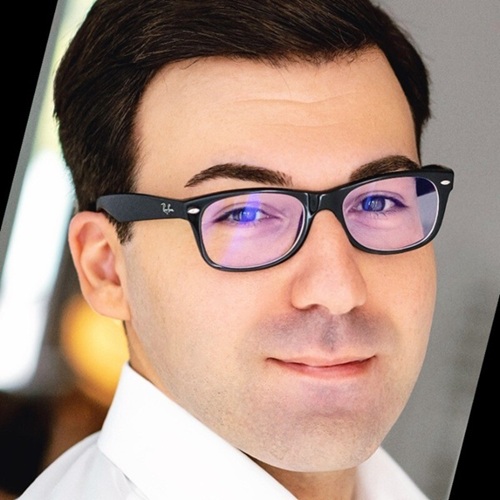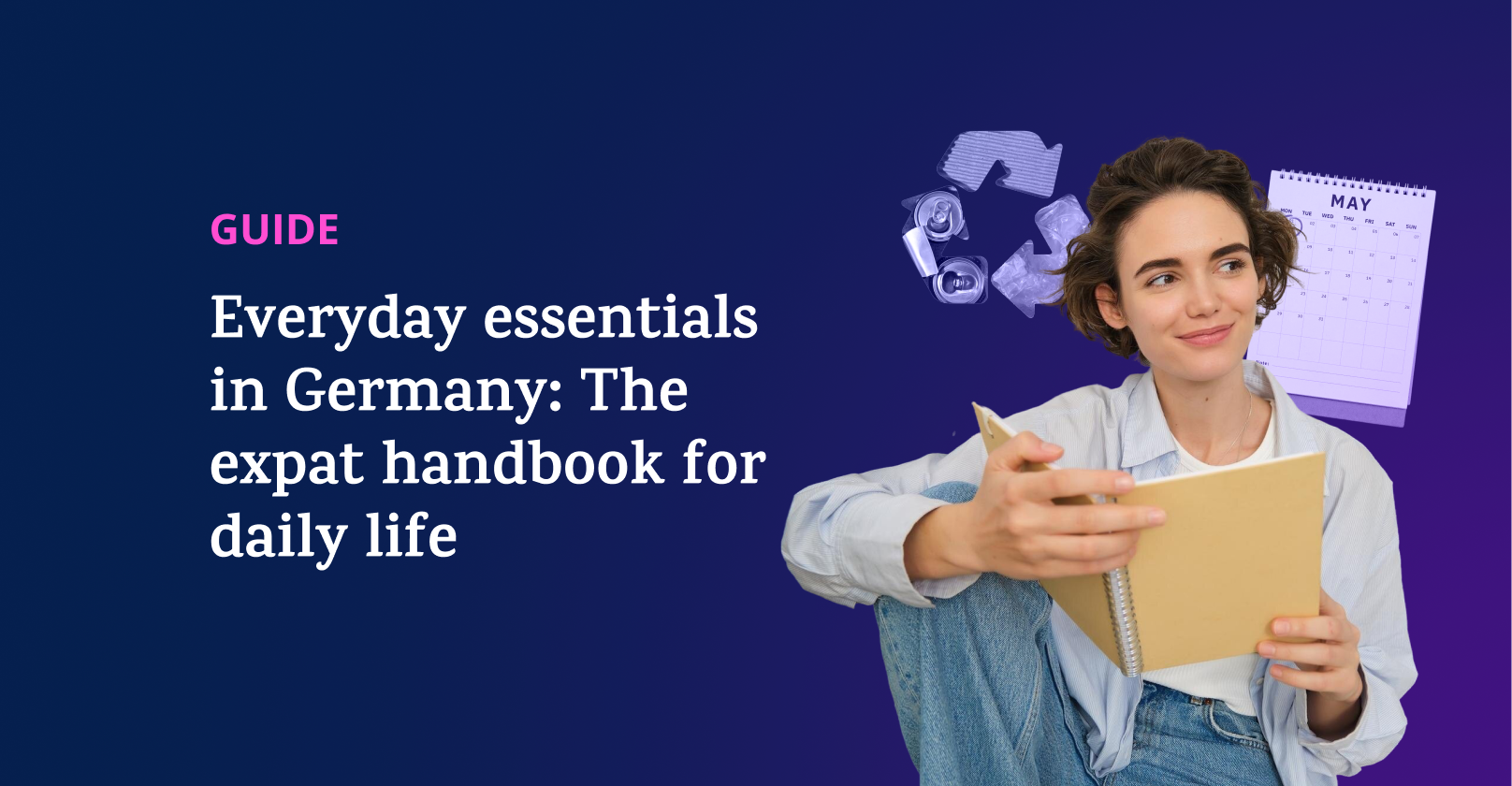‘Denn’ in German: Meaning, usage and the ‘denn’ vs. ‘weil’ difference
Denn is a short word in German, but you’ll hear it regularly in conversations with native speakers. That’s because it serves two key roles, functioning as both a coordinating conjunction and a common modal particle. Naturally, its meaning changes based on the role it plays in a sentence.

Understanding how to use denn in German can improve your fluency and help you speak more naturally. It can even help to fill awkward pauses while you’re searching for the right words. What’s more, using denn properly can help you build more complex sentences and solidify your understanding of German grammar.
- What does denn mean in German? The basics
- Denn vs. weil: Key differences explained
- When weil is better than denn
- FAQs
What does ‘denn’ mean in German? The basics
Denn plays a similar role in German to the English “because” or “for.” In such cases, it functions as a coordinating conjunction, linking two main clauses without changing their word order:
- Ich lerne Deutsch, denn ich will in Deutschland arbeiten. (I’m learning German because I want to work in Germany.)
Denn can also function as a modal particle, or “filler word.” This use case doesn’t have a direct translation in English, but it can be used to add emotion, emphasis or surprise — especially in the context of questions:
- Wie heißt du denn? (What’s your name, then?)

Learn German with Lingoda
How it works

‘Denn’ vs. ‘weil’: Key differences explained
In its main function as a coordinating conjunction, denn plays a similar role to weil in German, as both words introduce a reason or explanation. But there are two key differences between denn and weil:
1. Sentence structure
Denn connects two main clauses, allowing both to keep their usual word order. For example: Ich kann nicht kommen, denn ich bin krank. (I can’t come because I’m sick.)
In contrast, weil introduces a subordinate clause, which means the verb moves to the end: Ich kann nicht kommen, weil ich krank bin. (I can’t come because I’m sick.)
2. Formality and tone
Denn is considered slightly more formal and is used when the speaker wants to sound structured or emphatic. Weil is used more frequently in both spoken and written German, especially in everyday conversation.
When to use ‘denn’ in German (coordinating conjunction)
When you want to explain reasons in spoken or written German using two independent clauses, denn is the right choice. Keep in mind that, since this conjunction sounds more formal, it can give the conversation a slightly more serious tone:
- Wir müssen gehen, denn der Zug fährt gleich. (We have to go because the train is leaving soon.)
- Sie freut sich, denn das Meeting war erfolgreich. (She’s happy because the meeting was successful.)
How to use ‘weil’ in German (subordinating conjunction)
Weil is a subordinating conjunction in German. Like denn, it also means “because,” but it connects a main clause with a subordinate clause. This affects the sentence structure. With weil, the verb always moves to the end of the subordinate clause:
- Ich gehe nach Hause, weil ich müde bin. (I’m going home because I’m tired.)
When ‘weil’ is better than ‘denn’
Weil is usually the preferred choice in everyday conversation, as it’s more common in informal speech and more typical of modern German. Opting for denn won’t confuse your conversation partner, but it can sometimes make the conversation feel too formal or heavy.
Additionally, weil more clearly highlights the causal link between the main clause and the subordinate clause.
What does ‘denn’ mean in German?
In German, denn means “because” or “for” when used in sentences with two coordinate clauses. It can also function as a modal particle, adding emotion, emphasis or surprise, especially in questions.
Can ‘denn’ start a sentence in German?
No. Denn cannot start a sentence in German because it coordinates two main clauses and always appears in the middle of a sentence.
Your German just got smarter with ‘denn’
Denn is a short particle with a rich meaning. It often appears in everyday conversation as a modal particle, or in more formal contexts as a coordinating conjunction. Mastering it means not only understanding its meaning, but also knowing when and where to use it — and when to use weil instead.If you need help with denn and other grammatical topics or want to learn German online, Lingoda is the ideal partner for you. With native-level teachers, you’ll gain real-life language skills in small group classes.

Learn German with Lingoda
How it works

















